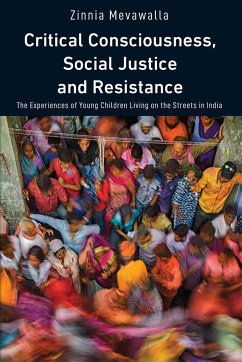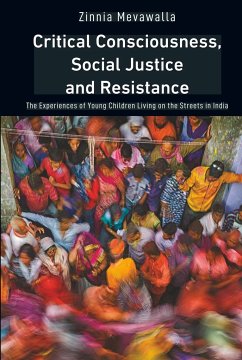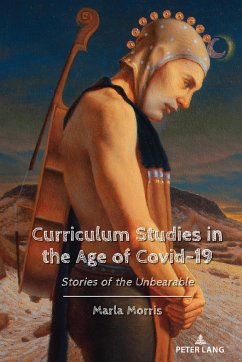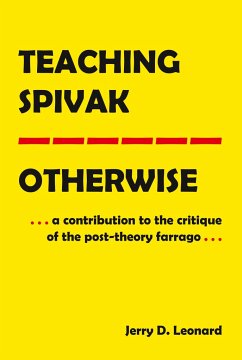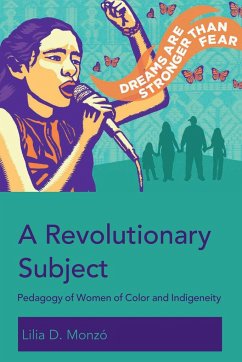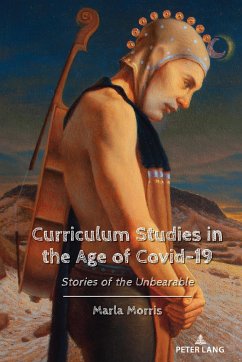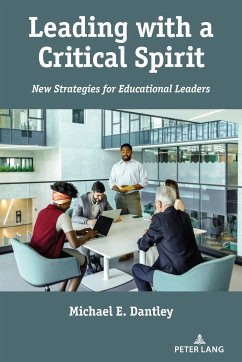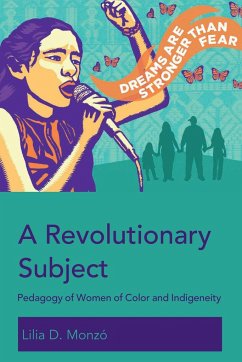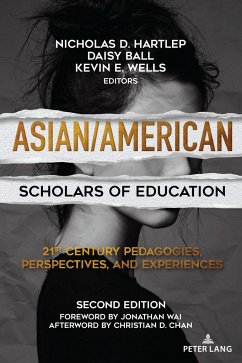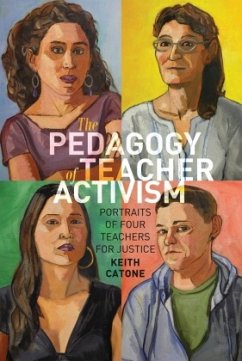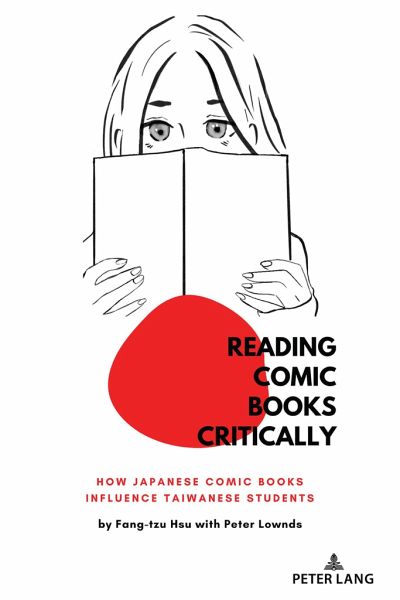
Reading Comic Books Critically
How Japanese Comic Books Influence Taiwanese Students
Herausgegeben: McLaren, Peter; Peters, Michael Adrian; Lownds, Peter
Versandkostenfrei!
Versandfertig in 6-10 Tagen
40,70 €
inkl. MwSt.
Weitere Ausgaben:

PAYBACK Punkte
0 °P sammeln!
Education knows no boundaries but 'hot button issues,' like their students' love for comic books, highlight school, teacher and parent bias. Japanese comic books (manga) play an important role in the lives of most Taiwanese teenagers. This study includes surveys, a textual analysis of five student-selected manga series and multiple interviews with students and educators about comics' appeal and educational value. Japanese manga contain complex and sometimes contradictory ideologies of ethnicity, gender, class, and violence. From an ethnic perspective, although students may glean cultural conte...
Education knows no boundaries but 'hot button issues,' like their students' love for comic books, highlight school, teacher and parent bias. Japanese comic books (manga) play an important role in the lives of most Taiwanese teenagers. This study includes surveys, a textual analysis of five student-selected manga series and multiple interviews with students and educators about comics' appeal and educational value. Japanese manga contain complex and sometimes contradictory ideologies of ethnicity, gender, class, and violence. From an ethnic perspective, although students may glean cultural content from manga heroes and their retinues, people of color and non-Japanese Asians are either caricatures or non-existent. Taiwanese consumers seem largely unaware of this. Depictions of social and economic class distinctions are subtle although the dominant ideology of manga creators is middle-class. Manga aficionados are, for the most part, oblivious to class distinctions, but some notice that ancient caste precepts flourish. Although most manga focus on violent combat, their youthful consumers seem unaffected by excessive gore. Bloody battles with enemy legions are seen as a necessary element for the hero's journey. From a post-colonialist perspective, manga's exaltation of Japanese cultural archetypes may preempt their readers' allegiance to and pride in being Taiwanese.





